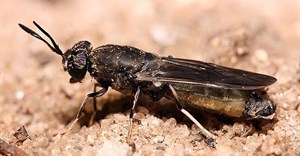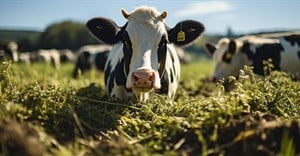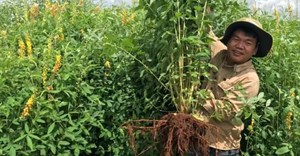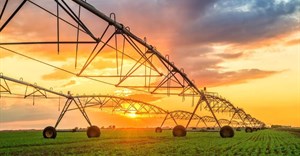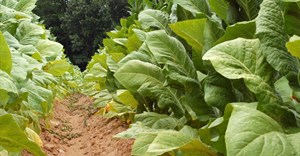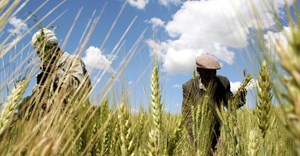Daylight and not rains 'drives vegetation growth onset'

According to the research conducted from 2014 to 2018, the analysis across different regions of Africa consistently found the amount of time that a plant or animal is exposed to light in a 24-hour period — known as photoperiod — as the dominant factor controlling the onset and end of vegetation growing seasons.
"Start of the season was positively correlated with photoperiod, implying that later vegetation onset dates in the southern hemisphere relate strongly with longer hours of daylight," the study says, adding that similar results were found in North Africa.
The main motivation for this research was the dearth of knowledge about Africa’s vegetation especially relating to climate variability and change. - Tracy Adole, University of Southampton, United Kingdom
The study, published in the Communications Biology last (25 October), that found rainfall is not the main driver for the start of green up and onset of falling leaves in Africa, used satellite data to undertake a systematic analysis of the relationship between the seasonal growing cycle of plants and the drivers that including precipitation, temperature and nutrient availability.
The motivation for the work was the fact that the triggers of the onset of vegetation in Africa are poorly understood, and that many studies on seasonal growing cycles of plants have been conducted in the global North.
"The main motivation for this research was the dearth of knowledge about Africa’s vegetation especially relating to climate variability and change," explains Tracy Adole, lead author of the study and a researcher at the School of Geography and Environmental Science, University of Southampton, United Kingdom.
Adole says the study will help in providing data to support prioritising areas of vegetation-climate research that require funding.
“It will help us to understand how vegetation will respond in a world where climate change could lead to variation in factors such as rainfall and temperature, Adole adds.
However, Daniel Otieno Otaye, a plant pathologist and senior lecturer at Kenya’s Egerton University, Department of Biological Sciences, calls for further studies on seasonal growing cycles of plants in Africa.
He says that because Africa lies within the tropics, it is expected that daylight would influence the onset of vegetation.
"We are within the tropics and thus the length of daylight is not an issue [unless in temperate regions] when it comes to onset of green up in crops," says Otaye.
This piece was produced by SciDev.Net’s sub-Saharan Africa English desk.








